
How to make seasoned rice with spices, herbs & more
Rice is a starchy grain that can be a blank canvas for experimenting with different flavors and seasonings. Whether you’re following traditional seasoned rice recipes or innovating a flavor profile all your own, you can use this guide to learn how to season white rice, brown rice or other kinds of plain rice to create your new favorite way to enjoy rice.
What is seasoned rice?
Seasoned rice is made by cooking rice with different herbs and spices. Many cultures have utilized this technique, which is why there isn’t a singular seasoned rice recipe. There are several ways to infuse flavor and each recipe can be completely customizable to your taste.
What seasonings can you use to flavor rice?
You can season your rice with a variety of herbs, spices, broths, milks or sauces. If you prefer a Mediterranean flavor profile, cook your rice using chicken broth, lemon juice, garlic and onion. For a rich and creamy rice dish with a kick, cook the rice in coconut milk infused with spicy peppers.
There are limitless flavor combinations to experiment with when making seasoned rice, so you can use this cooking method to get your creative juices flowing. The following rice seasoning ideas may help you discover unique flavor combinations.
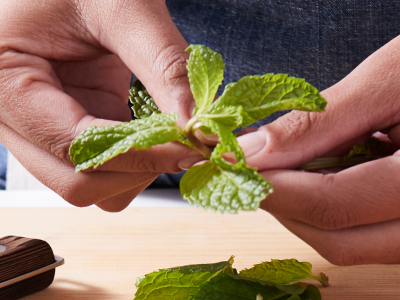
Herbs
Dill
Parsley
Oregano
Cilantro
Thyme
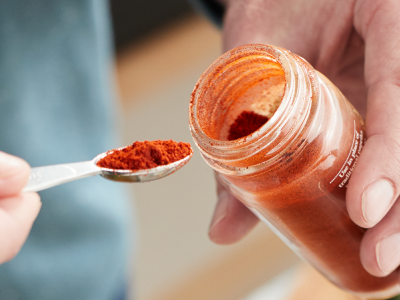
Spices
Cumin
Curry powder
Paprika
Red pepper flakes
Garlic powder
Onion powder
Chili powder
Cajun seasoning
Salt
Pepper
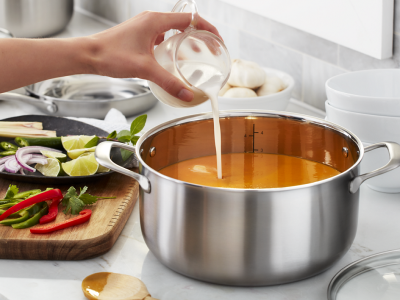
Broth or bouillon
- Vegetable
Chicken
Fish
Beef
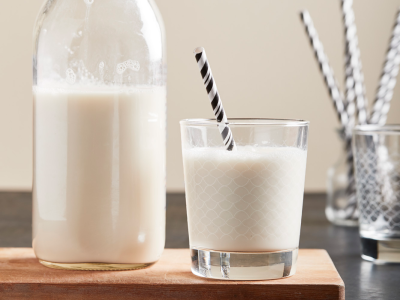
Milks
Whole milk
Heavy cream
Coconut milk
Almond milk
Oat milk
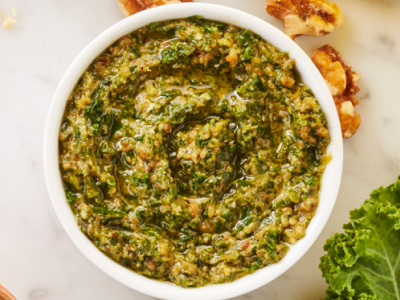
Sauces
- Pesto
- Salsa
- Sriracha
- Curry
- Tikka masala
- Garlic butter
- Chimichurri
- Gochujang sauce
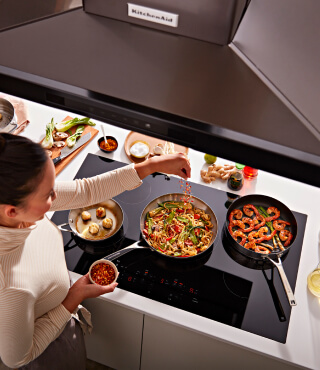
Find the best cooktop for you
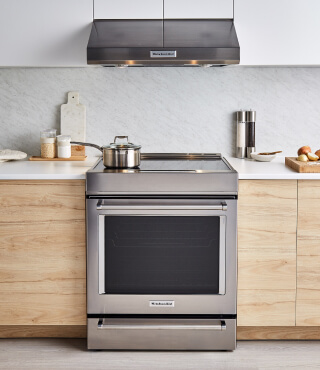
Need help finding your new range?
Tips for adding flavor to rice
Rinse rice before cooking to wash away excess starch that can alter the final texture.
You can saute dry rice on your cooktop with butter before cooking to create a more rich and flavorful end result.
For a deep, nutty flavor, try toasting rice in the oven or on your stovetop before cooking it.
If you’re cooking rice as a side dish to a meat, you can add the drippings from chicken, beef or pork to your rice to add even more flavor.
Cover the pot with a lid during the cooking process.
- Avoid stirring rice until it has cooked completely to protect the texture of the dish.
- You can make simple ingredient swaps to accommodate for any dietary restrictions. For example, you can switch chicken broth for vegetable broth or substitute butter with coconut oil or vegan butter.
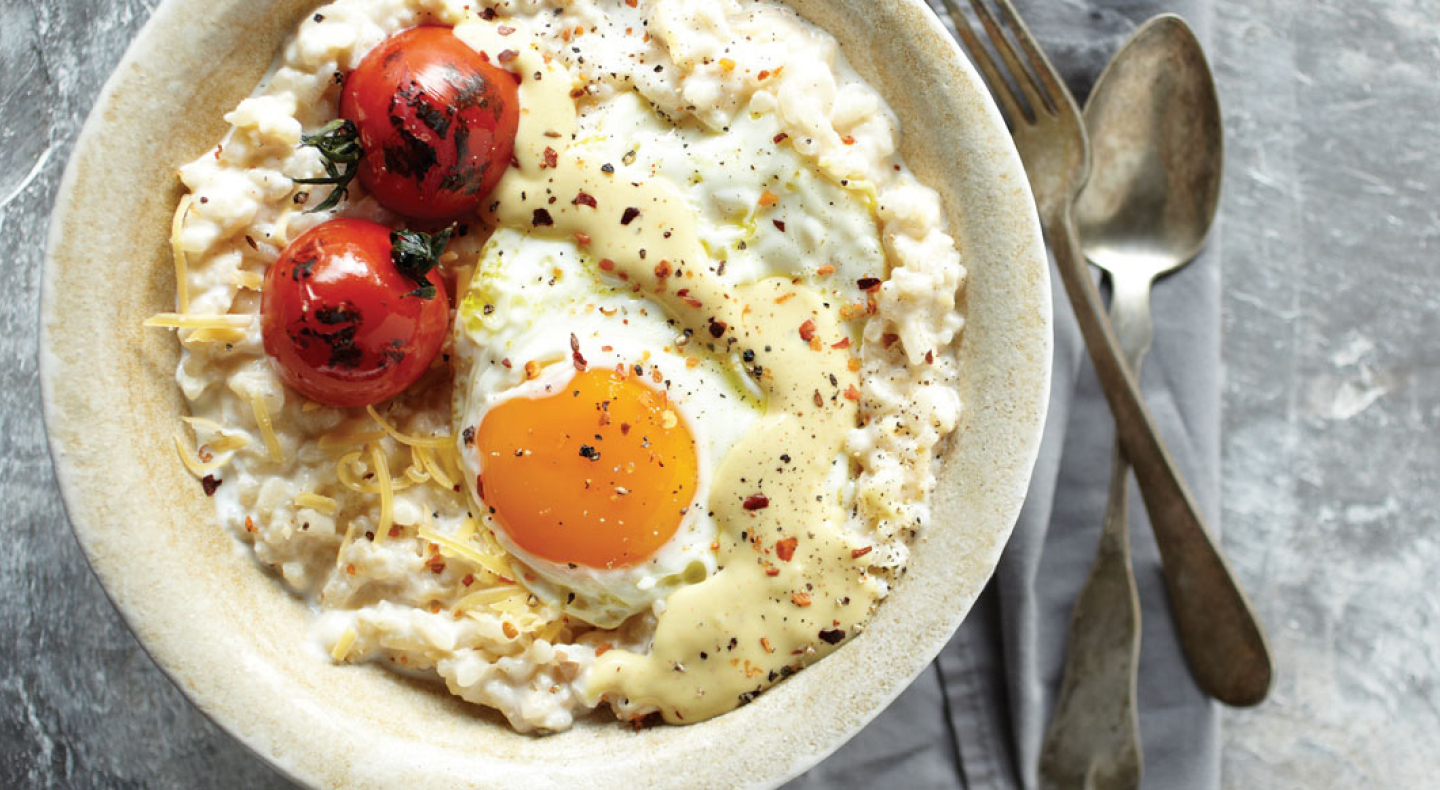

Seasoned rice recipe
Seasoned rice can upgrade this traditional staple into something truly spectacular. Read on to learn how to make seasoned rice in your kitchen.
Tools
Rice strainer
Pot or saucepan with a lid
Cooking spoon
- Spice grinder, like this model from KitchenAid (optional)
Prep time
- 10 minutes
Cook time
20 minutes
Total time
- 30 minutes
Yields
- 6 servings
Ingredients
Rice, like jasmine, basmati, white or brown rice
Herbs, such as dill, parsley, oregano or cilantro
Garlic, minced
Onion, diced
Spices, like cumin, curry powder, paprika or red pepper flakes
Olive oil
Chicken or vegetable broth
- Milk, like coconut milk, heavy cream or whole milk
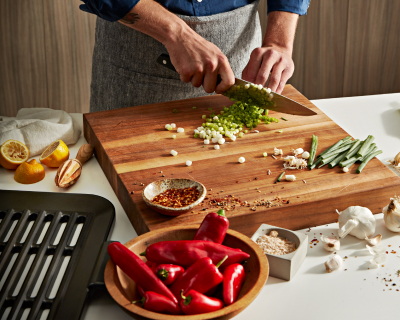
Step 1: Rinse rice and gather ingredients
Before you begin cooking your seasoned rice, you need to rinse off the excess starch from the grain. Place the rice inside a rice strainer and run it under cool water, stirring with your hands to allow each grain to be rinsed. When the water that comes out of the strainer runs clear, your rice is ready to cook. Once you’ve rinsed your rice, gather your ingredients and prep as necessary.
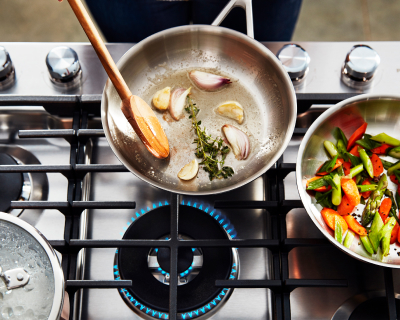
Step 2: Saute garlic and onions
Set your cooktop burner to medium heat and heat oil in your saucepan and add garlic, onions or other aromatics. Saute until they’ve become soft and translucent. If you want to infuse more flavor into the rice itself, you can also saute the rice during this step. If you aren’t adding any vegetables or aromatics, you can skip this step.
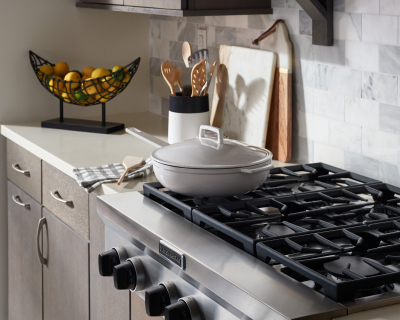
Step 3: Cook rice
After you’ve sauteed your aromatics, add in your rice, seasonings, broth and/or milk to the saucepan. Stir your ingredients together and bring to a boil. Once boiling, reduce to a simmer and cover until rice is cooked and all the liquid has been absorbed.
You can also cook rice in your microwave for a simple and fast alternative.
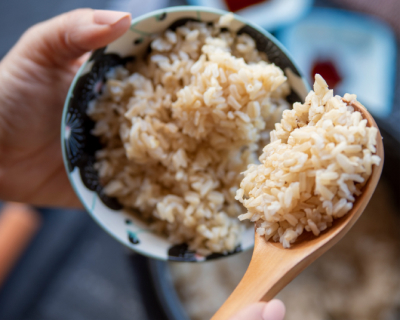
Step 4: Fluff and serve
Using a rice paddle, fluff your rice by scooping the paddle to the bottom of the pan and turning it over. This helps to prevent clumps so that each grain of rice will be more distinct when it’s time to serve.

KitchenAid® cooktops
Cooktops made for every culinary adventure
KitchenAid® gas, electric and induction cooktops offer the versatility, performance and craftsmanship you need to create your favorite recipes
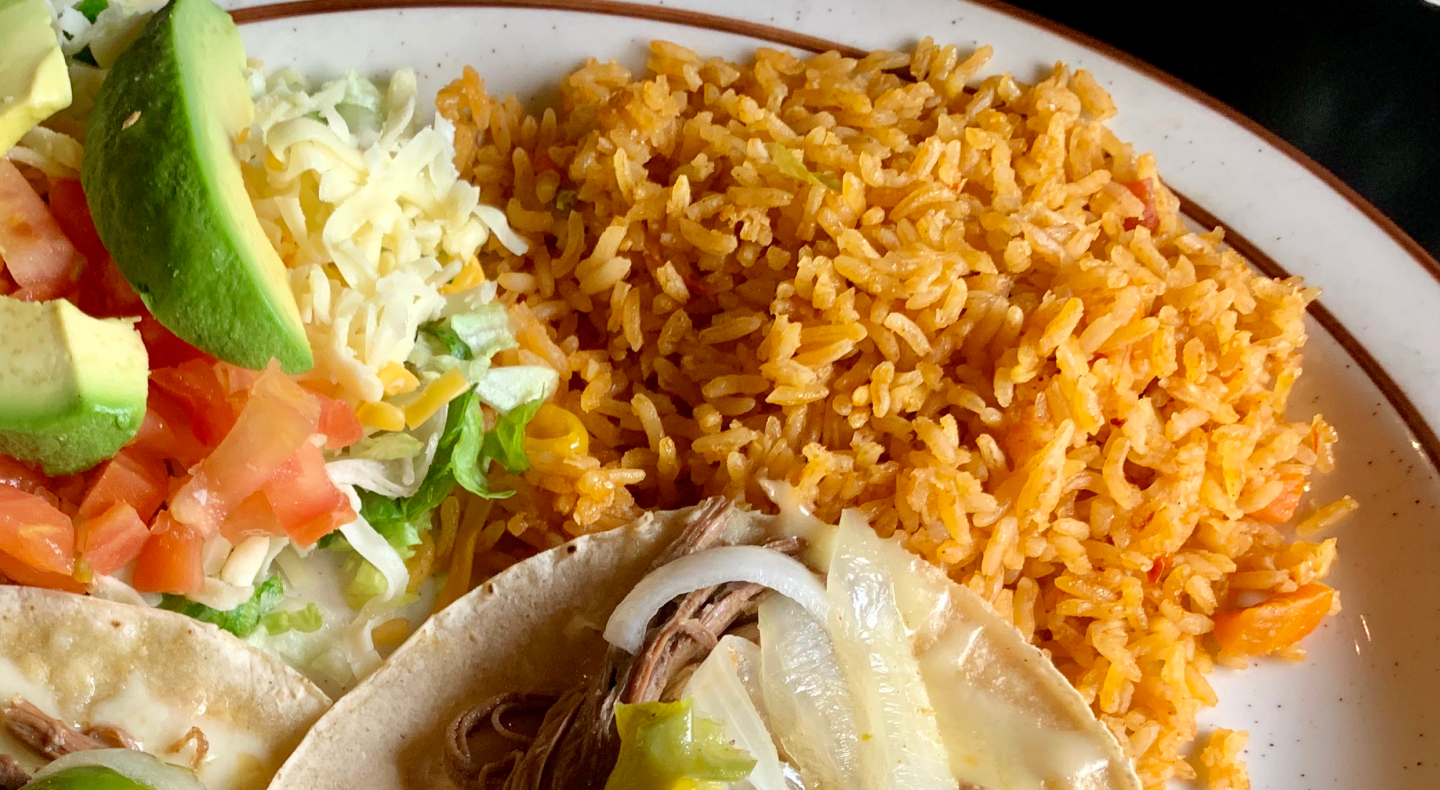
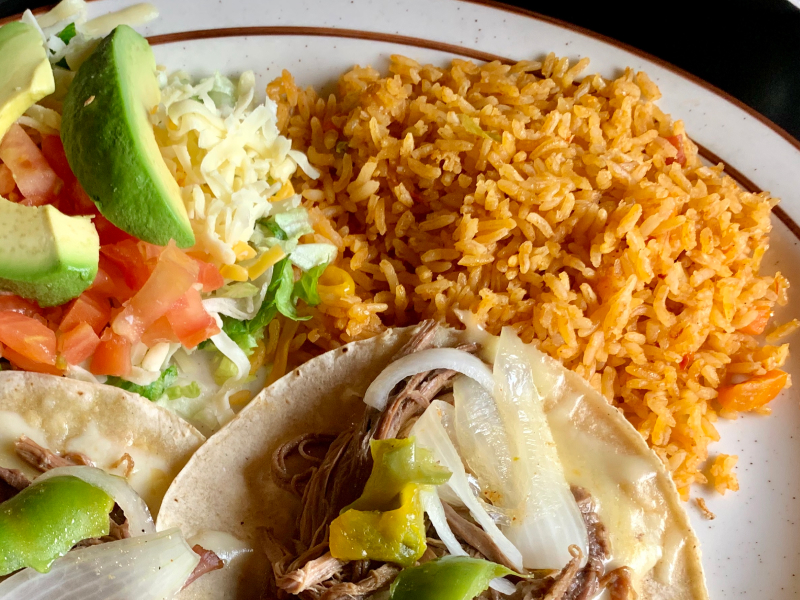
Seasoned rice FAQs
Explore some frequently asked questions about homemade seasoned rice to better understand how to make this versatile recipe.
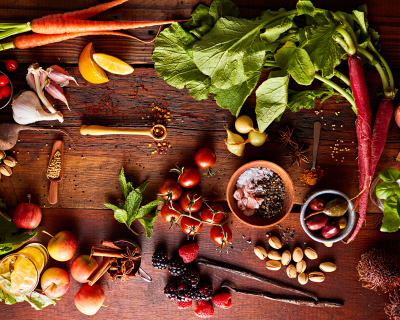
Do you season rice before or after cooking?
Seasoning your rice before adding water or broth helps to deeply infuse the flavor into the recipe. When you season rice after cooking, the flavors don’t have a chance to cook into the rice and will simply layer on top — similar to sprinkling a finished dish with salt.
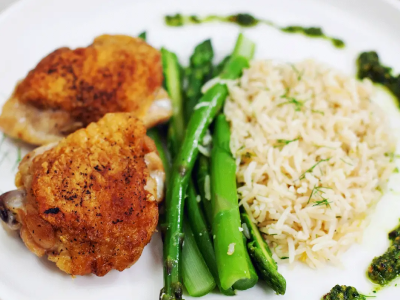
Can you season rice in a rice cooker?
Yes, add your seasonings before starting the Rice Cycle. You can use oil, butter, salt, spices and broth or milk to enhance the flavor of your rice dish. Fresh herbs can be stirred into seasoned rice at the end of the cooking cycle before allowing the rice to rest.
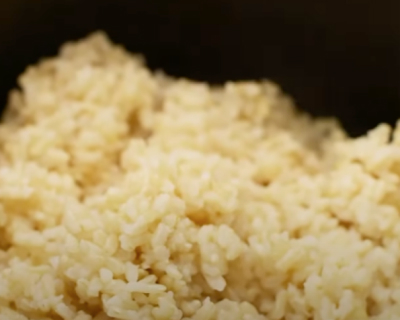
What’s the best rice to use for seasoned rice?
It is typically recommended to use long-grain rice like basmati or jasmine when making seasoned rice as shorter grains like sushi rice can become sticky or mushy depending on the ingredients you use to season your rice. Long-grain rice is perfect for seasoned rice recipes like sazon rice, Spanish rice, cumin rice, citrus rice and more.
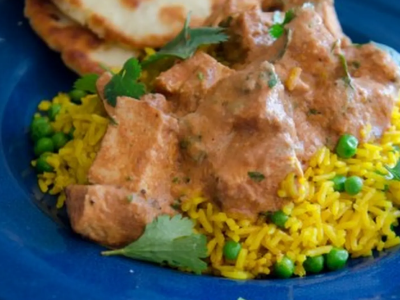
How do you use seasoned rice in recipes?
Seasoned rice is a versatile grain that can be used in a variety of recipes. You can make a rice dish any time of day, whipping up a sweet rice topped with fruit for breakfast, a rice pudding for dessert and even drinks like horchata to serve alongside a variety of dishes. Recipes featuring rice from around the world can serve as inspiration, whether you plan to indulge in the rich, aromatic flavors or Spanish rice or enjoy a taste of India when you top a bed of rice with creative curry variations.
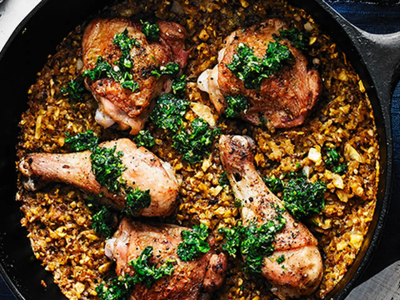
What can you serve with seasoned rice?
Seasoned rice pairs well with a variety of proteins and vegetables. You can combine it with beans or roasted vegetables like cauliflower, broccoli, potatoes or squash for a vegetarian fare or add chicken, fish or beef to make a hearty dish.
Serve seasoned rice with your mealtime favorite or get inspiration from the following recipes.
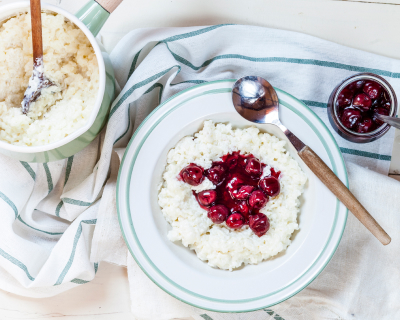
What can you do with overcooked rice?
If you’ve accidentally overcooked your rice, all is not lost. The soft, mushy texture can actually be an asset to a variety of recipes. You can use overcooked rice as a base ingredient for recipes like crispy rice cakes, porridge, soups, omelets or even rice pudding.
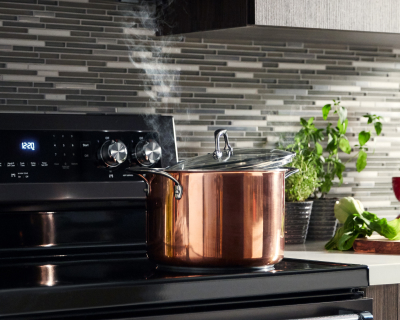
What can you do with undercooked rice?
When the cooking process is disrupted, rice can end up being hard, crunchy and undercooked. If this happens, simply add up to ½ cup of water to your rice, cover and bring it to a simmer until the additional liquid has absorbed.

How can you store and reheat seasoned rice?
If you have leftover seasoned rice, you can store it in your refrigerator or freezer for later to save time on meal prep. Simply put it in an airtight storage container and keep it in your refrigerator for 3 to 4 days, or in the freezer for 3 to 4 months.
When reheating rice, add 1-2 tablespoons of water for each cup of rice and put it in your microwave on 80% or Level 8 power, or steam it in a saucepan on your cooktop for a few minutes. You can also place the seasoned rice in a baking dish and splash it with a few tablespoons of water, then cover and bake. Your seasoned rice is ready to eat once it’s hot throughout. You can use a food thermometer to check that the internal temperature of your rice dish is at least 165° F before serving.

KitchenAid® ranges
A range for every kitchen
Explore slide-in and freestanding ranges crafted for performance and style to help you create your favorite recipes
Shop KitchenAid® cooktops and ranges
Whether you’re simmering rice in a pot, frying in a pan or seasoning with carrots, ginger and garlic, KitchenAid® cooktops and ranges offer versatility, performance and craftsmanship. Explore select models with features like Sensor Induction or five burners that let you go from a rolling boil to a delicate simmer in seconds.

KitchenAid® Hardware Accessory Kits
Curate the colors and textures that move you
From bold Black Ore to the inviting warmth of Bronze, mix and match handles and knobs to refresh your appliances and bring new energy to your kitchen



